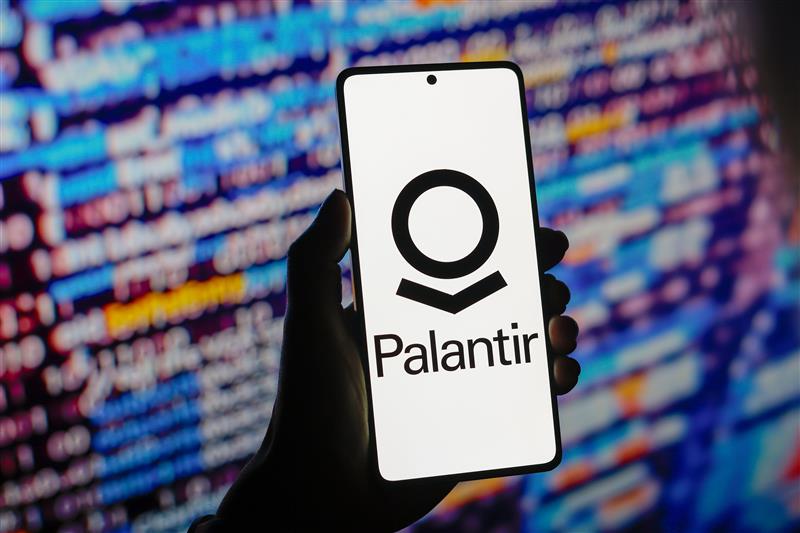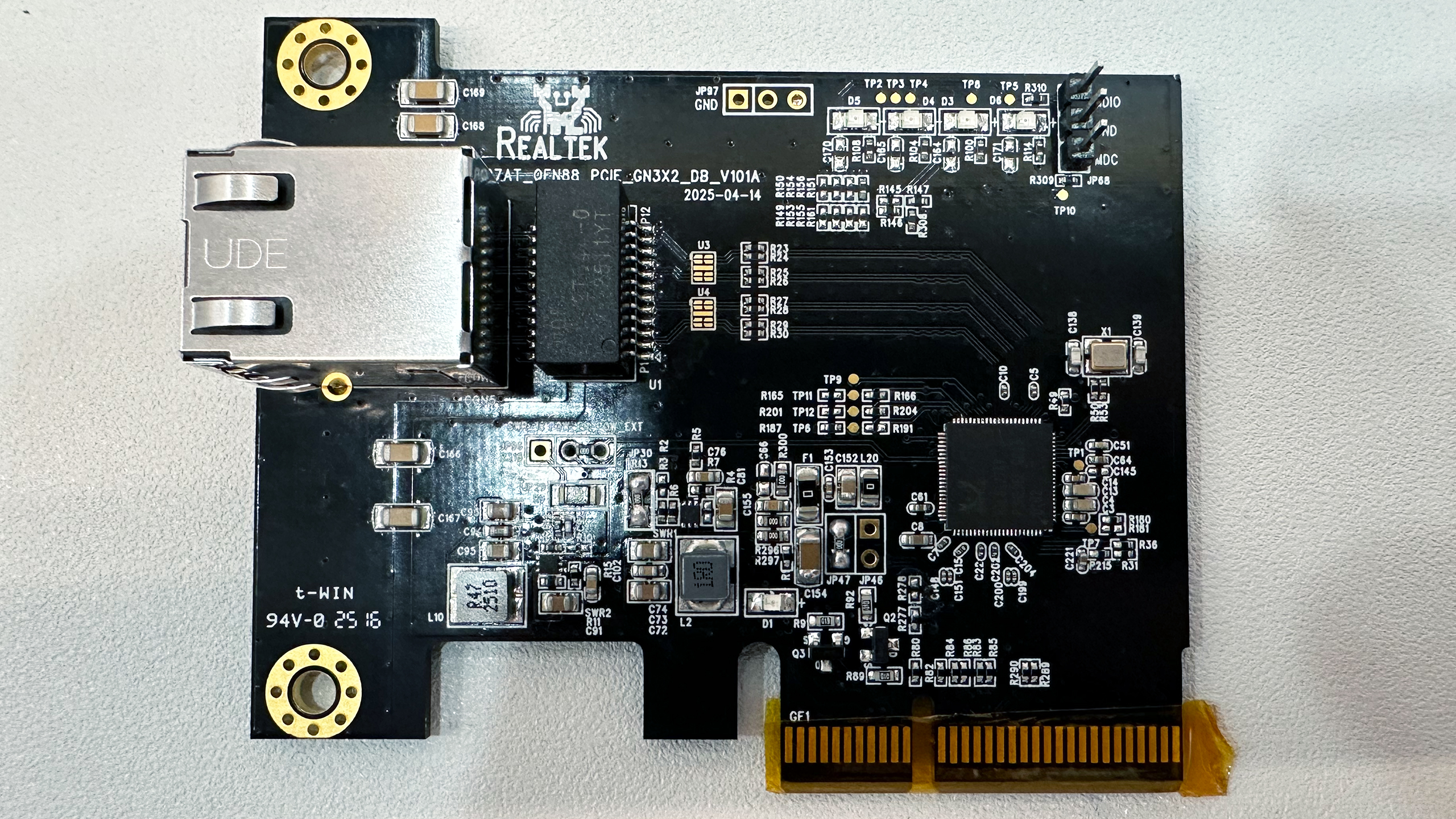Trump Mobile launches $47 service and a gold phone
-
Is this
Phone service under the direct control of the President of the United States of America

Small government?
And is this "small government" in the room with us right now?
[Glances nervously at devices]
-
Americas enemy
So... Greenland?
Looking forward to alarming articles about how Greenland Internet users are rapidly losing freedom because they have to provide a home address to get service or something stupid like that.
-
This post did not contain any content.
Who's network does it run on?
-
Who's network does it run on?
T-mobile
-
This post did not contain any content.
That’s going to have a wider back door than an onlyfans model.
-
Let me sell you a Trump steak.
I'm aware...
-
Let me sell you a Trump steak.
Not only am I aware but I worked for Omaha Steaks when he kicked that off.
-
This post did not contain any content.
Grifters gonna grift
-
This post did not contain any content.
Make gold gross again.
-
This post did not contain any content.
I can't wait to see those people buy them and then complain about them.
-
There are numerous errors on the page, from a processor section that doesn’t list a processor
Shit-tier Mediatek. Calling it now.
the whole spec list and image was probably an ai prompt output
-
And is this "small government" in the room with us right now?
[Glances nervously at devices]
Yes. Soon it will be small enough to fit inside your blood.
-
He was pissed to find out Ceaser has his own entire month.
Caesar not only got a month Caesar rewrote the calendar. It was called the Julian Calendar and used for like a 1500 years.
Trump will try to do the same.
-
Looking at the webpage, it's obviously a 100% Chinese product licensing the Trump name.
There are numerous errors on the page, from a processor section that doesn’t list a processor, RAM that’s described as storage, and the boast of a “5000mAh long life camera,” when it presumably means the battery.
If you ever thought the Trumps weren't grifters, this should clear it up:
“Trump Mobile is going to revolutionize cellphones, mobile calling,” Eric Trump told Fox News
There's absolutely nothing revolutionary here. It's a cheap Chinese phone in a tacky case and an overpriced very-not-new MVNO phone service.
I'm other words, it's just another example of how not to do business that all the rubes will throw money at.
Awesome.
-
You are not joking. Comparing a $2000 Purism Liberty with eg. a $200 HMD Fusion. The Fusion has somewhat better screen and battery; much better processor and camera. More RAM, the option of more storage, has NFC. It's also designed to be easy-to-maintain, but is somewhat thinner and lighter despite having a larger screen area. Are 'made in USA' and 'open-source drivers' worth paying 10x as much for a noticeably worse phone? (It's not really 'made in USA' either - it's a mix of US, Chinese and Indian parts assembled in the USA.)
I think that the people who believe a US-made iPhone will also cost $2k are kidding themselves - economy of scale and all that, but it must be substantially more.
3 years of security updates, ships with Android 14 and gets two version upgrades, to Android 16, which is the version being released right now. I feel that isn't the solution either.
-
You are not joking. Comparing a $2000 Purism Liberty with eg. a $200 HMD Fusion. The Fusion has somewhat better screen and battery; much better processor and camera. More RAM, the option of more storage, has NFC. It's also designed to be easy-to-maintain, but is somewhat thinner and lighter despite having a larger screen area. Are 'made in USA' and 'open-source drivers' worth paying 10x as much for a noticeably worse phone? (It's not really 'made in USA' either - it's a mix of US, Chinese and Indian parts assembled in the USA.)
I think that the people who believe a US-made iPhone will also cost $2k are kidding themselves - economy of scale and all that, but it must be substantially more.
Open source drivers means the manufacturers might not backdoor rootkit. Imagine how much money they're leaving on the table not being able to sell spying on you?
-
Next: Watch the Trump administration try to force the big national carriers to give preferential treatment to Trump Mobile on their radio hardware
I think he'll try bigger and simply try to nationalize or end licensing for the big 4.
-
This post did not contain any content.
The Trump-branded T1 Phone will apparently be made in America.

-
Is this
Phone service under the direct control of the President of the United States of America

Small government?
small government
I think they want to aerosolize it. I swear you can't understand the ruling class without reading 'snow crash'.
-
Looking forward to a map produced next year by some thinly veiled US-supported NGO that shows corruption in the world and America will still be not corrupt but America's enemies will be very corrupt.
Hungary already kind of did that.







